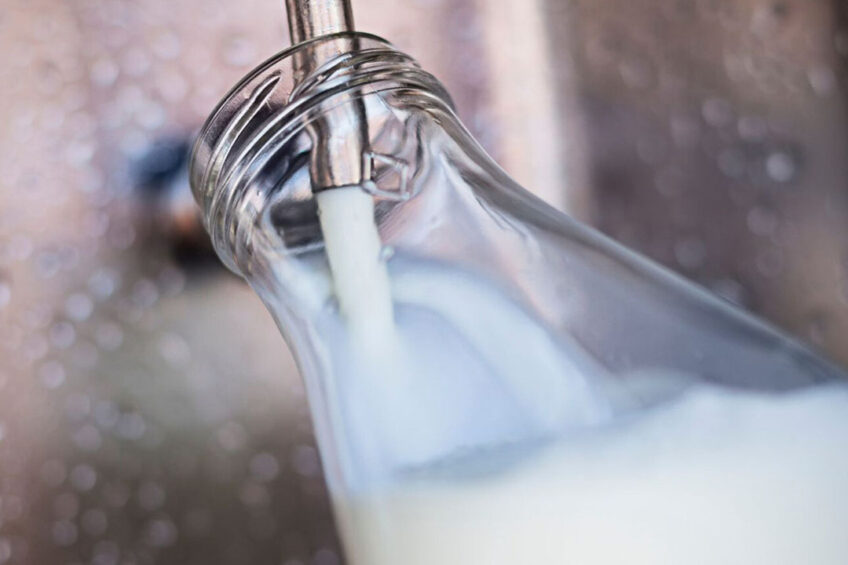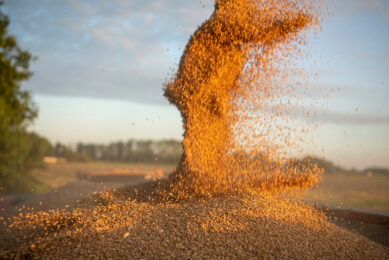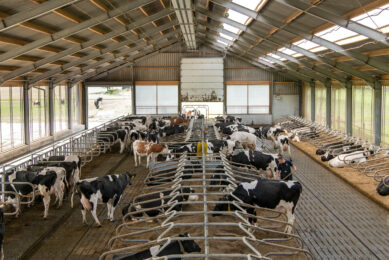US: New law allows Iowa farmers to sell raw milk

Dairy farmers in Iowa in the US will soon be allowed to sell raw milk, albeit with several conditions, following new legislation that has just been approved.
It has taken several years, and many failed applications, to have a bill passed permitting the sale and purchase of raw milk direct from the farm. However, the Iowa legislature has just approved the bill by 37 votes to 13, sending Senate Bill 315 to be signed by local Governor Kim Reynolds.
They say it tastes better and contains more nutrients…
Prior to the ruling, Iowa was one of 19 US states that had banned the sale of unpasteurised milk.
There are around 220,000 cows on almost 800 dairy farms in the state of Iowa generating over US$5 billion to the economy.
Unpasteurised milk direct to consumers
This latest move gives the green light for producers in Iowa to sell their unpasteurised milk direct to customers from the farm. The bill includes other raw milk products such as cheese, ice cream and yoghurt as well.
…fears of bacteria causing illnesses.
Many consumers citing the health benefits of raw milk have been calling for this bill to be passed in Iowa for years. They also say it tastes better and contains more nutrients.
However, it has, until now, always been overshadowed by those against it due to fears of bacteria causing illnesses.
A few farm and health groups including the Iowa Public Health Association, Iowa Farm Bureau, and Iowa State Dairy Association, were opposed to the bill because of public health concerns.
Raw milk danger
A statement from Iowa State Dairy Association (ISDA) said it opposes the sale of unpasteurised milk direct to consumers: “Raw milk can harbour dangerous microorganisms, such as salmonella, E coli, campylobacter, and listeria, which can pose serious health risks to you and your family. Raw milk can be especially dangerous for infants and young children, the elderly, and people with weakened immune systems.”
ISDA added: “Iowa is home to nearly 800 licensed and inspected dairy farms which all follow strict guidelines to ensure the safety of milk. Because of the high-quality standards of pasteurised milk, dairy products are safe, healthy products you can feel good about consuming… The best way to ensure milk safety and support Iowa’s dairy farm families is to purchase pasteurised milk and dairy products.”
However, other groups were in favour of the ruling including Americans For Prosperity-Iowa, whose deputy state director, Tyler J Raygor, said: “The passage of SF 315 is a victory for families and agriculture across our great state and reaffirms that the government has no right to dictate what Iowans choose to drink. With this legislation, Iowans will have the freedom to choose what to feed their family while enabling innovation in the fresh milk industry.”
During a previous House debate on the subject, Rep Megan Srinivas, also an infectious disease doctor, voiced her concerns about the risk of infections when consuming raw milk: “Raw milk increases chances of infection by 150 times. It leads to outbreaks that not only impact the people who are directly consuming the milk themselves, but others via the spread of bacteria.”
Republican farmer Rep Bobby Kaufmann from Wilton said people have been consuming fresh milk, free of government regulation, for thousands of years. He also said those who don’t want to drink it don’t have to buy it.
Product selling conditions
Senate Bill 315 allows producers to sell their raw milk and related products directly from their farms, but not at farmers markets or restaurants.
All food containers must have labels attached notifying consumers the contents were not subject to state inspections or public health regulations that require pasteurisation and grading.
Other conditions state that the milk must be stored under 45°F (7.2°C), must be sold within 7 days and cows must be tested for bacteria.
Join 13,000+ subscribers
Subscribe to our newsletter to stay updated about all the need-to-know content in the dairy sector, two times a week.










